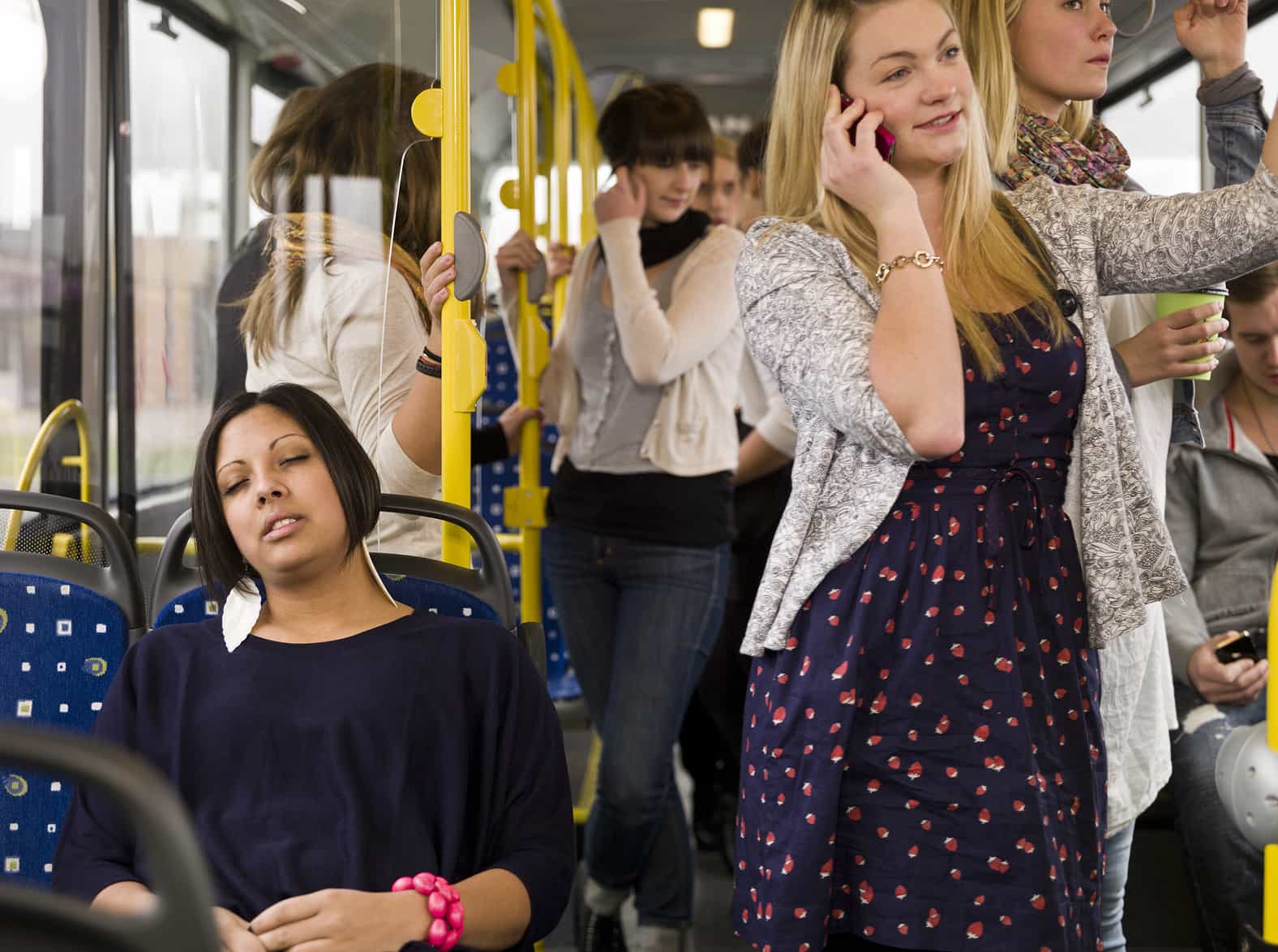
Ever wonder how much time you’ve wasted commuting to and from work? According to the U.S. Census Bureau (as reported by the Washington Post), the average commute time for American workers is 26 minutes. That’s nearly half an hour you could have spent exercising, sleeping in or eating a breakfast that doesn’t come from a drive-thru. With all that time lost, it’s no wonder that many commuters don’t look forward to the thought of getting in the car or hopping on the subway or bus.
The Impact of Commuting
As the Washington Post explains, the average commute time of 26 minutes one way adds up to about nine days a year. Unfortunately, people losing nine days can consider themselves lucky when compared to the more than two percent of Americans facing a 90-minute mega-commute that adds up to an entire month lost every year.
Besides the sheer boredom of spending that much time behind the wheel or crammed onto public transportation, a long commute can have some serious side effects. Lengthy commutes have been linked to an increased risk of high blood pressure, stress, heart disease, obesity and depression, as reported by ABC News. All that extra time spent away from home can also take its toll on families and relationships, the New York Times notes.
Alternative Options
The most obvious solution to a lengthy average commute time is to live closer to work, but moving is not an option for most workers. As cities become more expensive, it may not be financially feasible to move closer to work. Workers may also not want to send their children to new schools or may have an attachment to their current community. Also, a move may shorten the commute of one partner while lengthening the other partner’s commute significantly.
For all these reasons and more, many employers are embracing flexible work arrangements, according to CNBC. One option is to shift schedules so that employees arrive and leave during non-peak traffic hours.
Some employers allow workers to skip the commute entirely and work from home at least part of the time. Employees are often more productive when granted flexible arrangements. It’s a win-win for everyone. If your company doesn’t offer flexible arrangements and you think it might benefit the organization, make a suggestion through the appropriate channels.
Coping with Commutes
If you’re stuck with your commute, there are a lot of things you can do to make it more productive and maintain your health and happiness. Try these ways to make your commute more meaningful:
- Get caught up on your reading, or, if you’re driving, listen to audiobooks.
- From true-life crime dramas to politics and economics, there are podcasts that cover just about any topic you can think of. Download a few to keep you entertained on the ride.
- With programs like Living Language‘s Drive Time series, you can use that time to learn a new language, which is not only fun, but can be useful in career advancement.
- Carpooling is not only good for the environment, it can also be good for your mental health by giving you a companion to talk to.
It’s also important to take preventative steps to help balance any negative effects of your commute. Try doing a quick workout during your lunch break, for example. You’ll not only help offset the physical health risks associated with commuting, but you will also relieve stress, zap tension and give your energy a boost.
If you find that the stress is too much to cope with on your own, don’t be afraid to seek help. Your Work-Life Employee Assistance Program offers counseling on stress and work-life balance.






